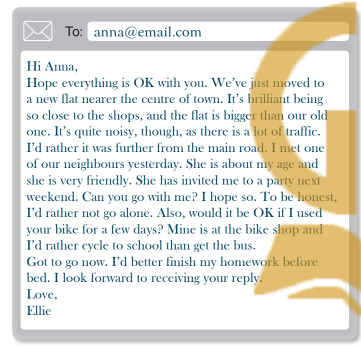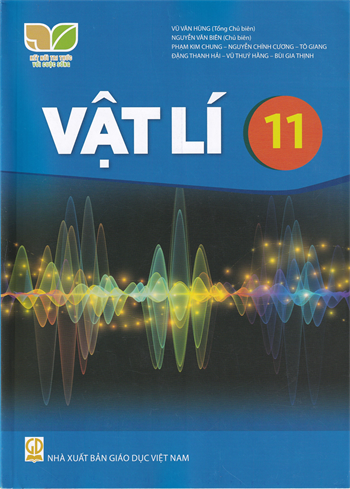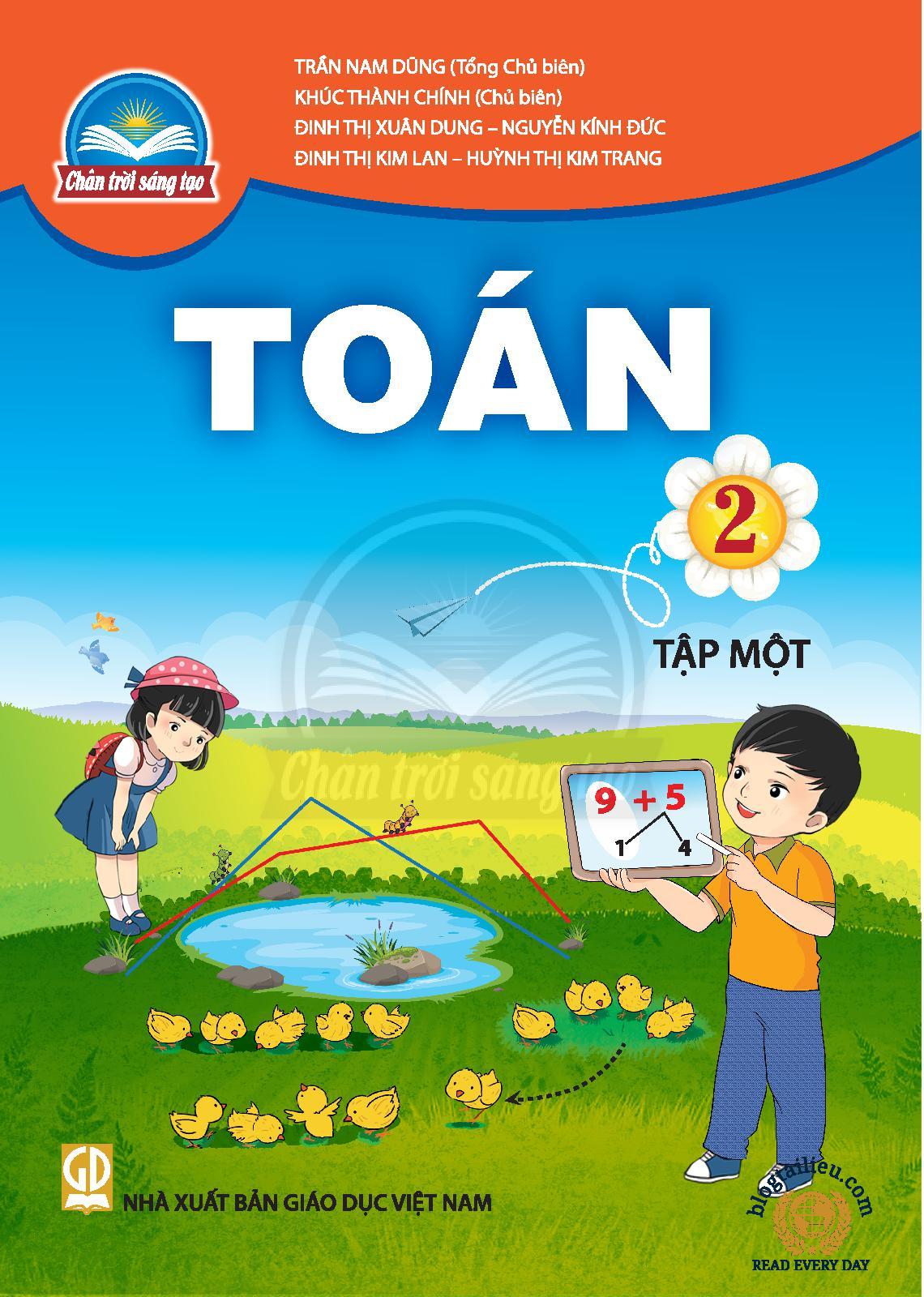(Page 57)
I can write an email to a friend about a new home.

1 SPEAKING Work in pairs. If you could move to any city in the world, where would you choose? Why?
2 Read the email. Do you think Ellie is happy or unhappy with her new home? Find evidence in her email.

Hi Anna,
Hope everything is OK with you. We've just moved to a new flat nearer the centre of town. It's brilliant being so close to the shops, and the flat is bigger than our old one. It's quite noisy, though, as there is a lot of traffic. I'd rather it was further from the main road. I met one of our neighbours yesterday. She is about my age and she is very friendly. She has invited me to a party next weekend. Can you go with me? I hope so. To be honest, I'd rather not go alone. Also, would it be OK if I used your bike for a few days? Mine is at the bike shop and I'd rather cycle to school than get the bus. Got to go now. I'd better finish my homework before bed. I look forward to receiving your reply.
Love,
Ellie
3 Read the task below. Does the email cover all four points in the task? Match sentences in the email with each point.
You have recently moved to a new flat in a city centre. Write an email to a friend. Include the following:
• Say why you like your new flat.
• Mention something you would like to be different.
• Mention meeting a new neighbour and describe him / her.
• Ask permission to use something belonging to your friend.
Writing Strategy
When you write an informal email or letter,
• you should avoid formal language.
• you can use contractions (you're, it's, etc.).
• you sometimes omit words like I, I'm or I've at the start of a sentence (Hope you're well, Got to go now, etc.).
4 Read the Writing Strategy. Then read Ellie's email again and underline
1 a piece of formal language. How could you make it informal?
2 three different contractions. Can you find any more places where Ellie could have used contractions?
3 an example of a sentence with words omitted at the start. What exactly has been omitted?
LEARN THIS! would rather, had better
a We use would rather (not) + infinitive without to to express a preference.
I'd rather (not) stay out late tonight.
b We use would rather + subject + past simple to say we would prefer a situation to be different.
She'd rather her bedroom had bigger windows.
5 Read the Learn this! box. Circle three examples of would rather in Ellie's email.
>>> Grammar Builder 4.4 page 122
6 Read the task below. Make notes for each of the four points in the task.
You have recently moved to a house in the country. Write an email to a friend. Include the following:
• Describe the advantages of being in the country.
• Mention something you would change.
• Mention something that went wrong during the move.
• Ask if you can stay a night at your friend's house.
7 KEY PHRASES Complete the useful phrases for starting and ending a letter or email. Find two more in Ellie's email.
all are from going hi hope love touch write
Starting an email
I 1_______ you're well.
I hope 2_______ is well.
How's everything
3_______ ?
How 4_______ you?
Ending an email
That's all 5_______ me.
Keep in 6_______ .
Please 7_______ soon.
Say 8_______ to (Ben) for me.
Give (Zoe) my 9_______ .
8 Write your email (150-180 words) using your notes from exercise 6 and phrases from exercise 7.
CHECK YOUR WORK
Have you
• included all four points from the task?
• used appropriate language (see the Writing Strategy)?
• included appropriate phrases for starting and ending the email?

























